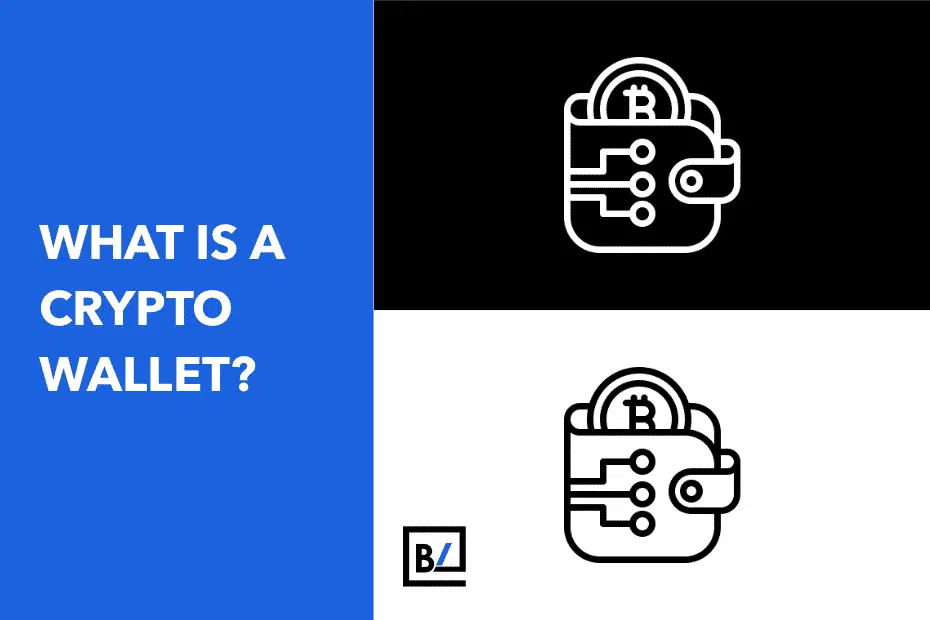A crypto wallet keeps your private keys safe and accessible by storing them. It also enables the sending, receiving, and spending of cryptocurrencies such as Bitcoin and Ethereum.
Crypto wallets keep your private keys – the passwords that allow you to access your cryptocurrencies – secure and accessible, allowing you to send and receive cryptocurrencies such as Bitcoin and Ethereum. They come in a variety of forms, ranging from hardware wallets like Ledger (which resembles a USB stick) to mobile apps like Trust, which makes using cryptocurrency as simple as shopping online with a credit card.
Why are crypto wallets important?
Unlike a traditional wallet, which can hold actual cash, crypto wallets do not technically store your cryptocurrency. Your assets are stored on the blockchain but can only be accessed with a private key. Your keys validate your ownership of your digital currency and allow you to conduct transactions. You lose access to your money if you lose your private keys. That is why it is critical to keep your hardware wallet secure or to use a reputable wallet provider such as Trust.
How do you use a crypto wallet?
Crypto wallets range in complexity from simple apps to more complex security solutions. Among the various types of wallets available are:
- Paper Wallets: Keys are written on a physical medium, such as paper, and kept in a secure location. This, of course, makes using your crypto more difficult, because it can only be used on the internet as digital money.
- Hardware Wallets: Keys are stored in a thumb-drive device that is kept in a secure location and is only connected to a computer when you want to use your cryptocurrency. The goal is to strike a balance between security and convenience.
- Online Wallets: Keys are stored in an app or other software – look for one that is protected by two-step encryption. This makes sending, receiving, and using your crypto as easy as using any online bank account, payment system, or brokerage.
Each type has its own set of tradeoffs. Because they are stored offline, paper and hardware wallets are more difficult for malicious users to access; however, they are limited in function and risk being lost or destroyed. Online wallets provided by a major exchange such as Coinbase are the simplest way to get started in crypto and provide a good balance of security and convenience. (Because your private information is online, your protection against hackers is only as good as the security of your wallet provider – so look for features like two-factor verification.)
You can easily access your crypto holdings by using an app like Trust or Exodus. You can do the following:
- Manage all your digital assets in one secure place
- Control your own private keys
- Send and receive cryptocurrency to and from anywhere in the world
- Interact with usernames rather than long, hexadecimal “public key” addresses
- Browse dapps (decentralized finance apps)
- Shop at stores that accept cryptocurrency

